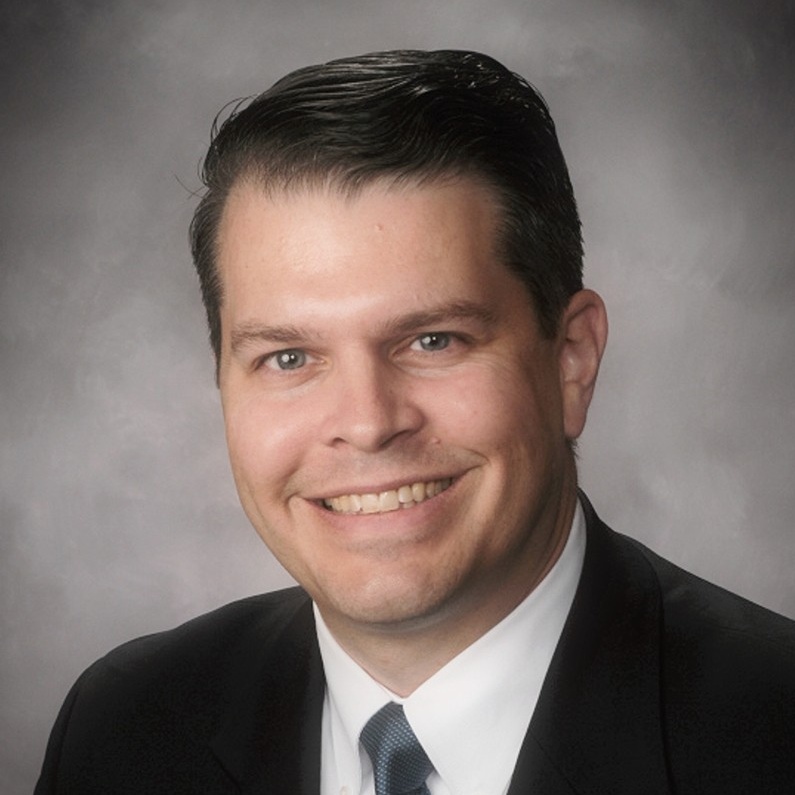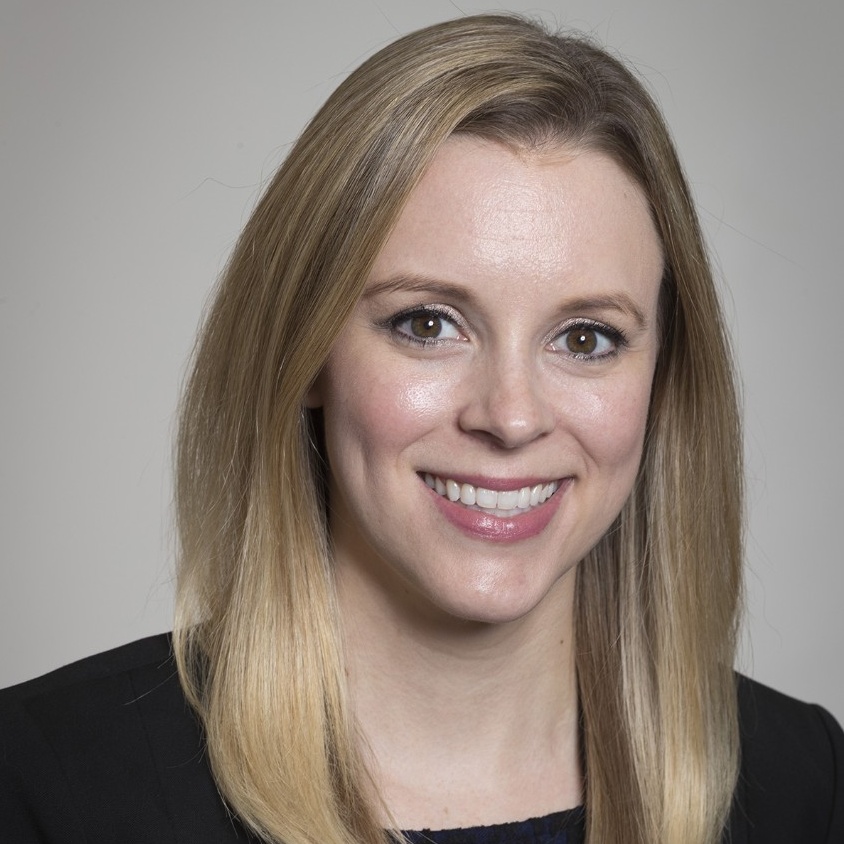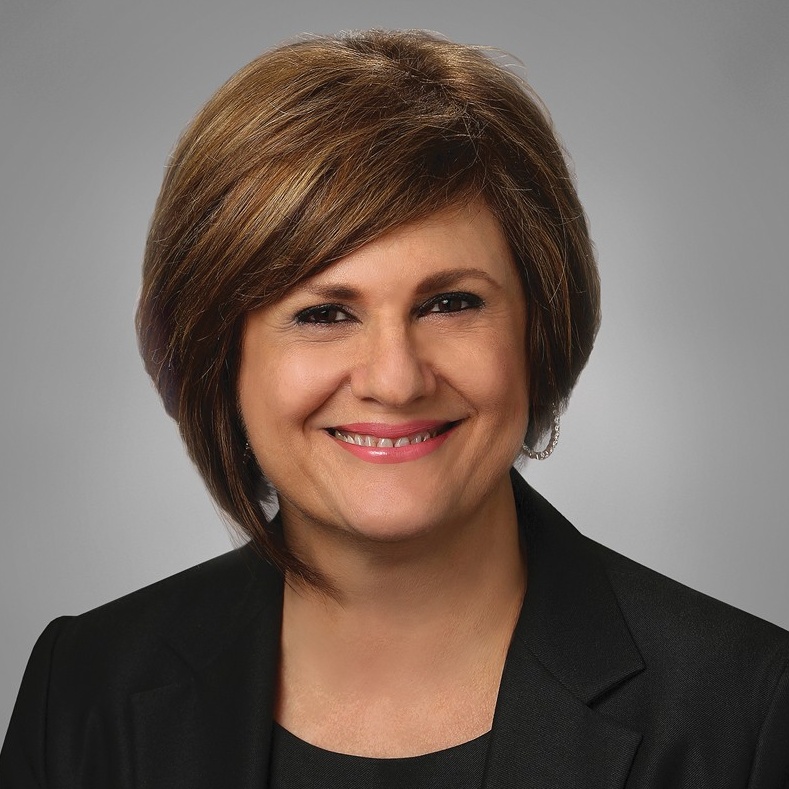Time’s up
How organizations and business schools are changing in the #MeToo era
By Matthew Biddle

“If you’ve been sexually harassed or assaulted, write ‘me too’ as a reply to this tweet.”
Days before actress Alyssa Milano sent this tweet, The New York Times and New Yorker leveled decades of assault and harassment allegations against Harvey Weinstein. With this simple missive, echoing a phrase coined in 2006 by activist Tarana Burke, #MeToo became a rallying cry—and ignited a firestorm.
From October 2017 to October 2018, the hashtag was used more than 19 million times on Twitter, according to the Pew Research Center. During that time, at least 200 powerful men, as well as a few women, were brought down for bad behavior in industries across the country. Oscar winners fell from grace, politicians were removed from office and business leaders lost their jobs.
But for the rest of us, what’s changed? Is #MeToo just a powerful hashtag, or is this part of a culture-shifting movement? Experts agree that #MeToo has sparked an important national conversation that’s being felt in organizations, legislation and society more broadly. But some say #MeToo is the symptom of a deeper issue—and it’ll take much more than new policies and training courses to truly move the needle.
Sparking a movement
In 2011, Mara Swan, BS ’81, executive vice president of global strategy and talent at ManpowerGroup, identified a growing “rise of voice” because of social media, as consumers and employees began demanding more information from companies and their leaders.
“Employees started speaking their minds,” says Swan. “Previously, your HR practices were held inside your organization, but through this ‘rise of voice,’ we’re moving to total transparency. Within the next 10 years, everything—how many women companies hire, and their pay and promotion rate compared to men—will be public online.”
With #MeToo, those voices exploded to the forefront on a global scale. The hashtag has been used in at least 85 countries, and 30 percent of these messages were written in a language other than English, according to Pew. Individuals and companies in more than a dozen industries are facing harassment allegations, spurring high-profile changes within those sectors.
On Wall Street, at least 15 mergers and acquisitions in the past year have included “Weinstein clauses,” allowing buyers to take back some of the purchase price if allegations surface against company executives. In tech, after 20,000 employees worldwide walked off the job in protest, Google instituted new sexual misconduct policies. The entertainment industry saw its top union, SAG-AFTRA, adopt a clear zero-tolerance policy on discrimination and harassment. And, in hospitality, several hotel chains pledged to equip workers nationwide with panic buttons—in fact, cities like Chicago and Seattle passed ordinances mandating it.
“For legislators, the #MeToo movement has created a need to move forward and address these issues in a way we’ve never seen before,” says Christopher Nickson, JD/MBA ’98, a partner at Wilder & Linneball LLP and instructor in the School of Management’s Executive and Professional MBA programs.
At the state level, an unprecedented 32 states introduced sexual harassment legislation in 2018, according to the National Conference of State Legislatures. Enacted last fall, New York State’s regulations are the most sweeping, requiring all employers to include sexual harassment policies in their handbooks, deliver annual harassment training to every employee and provide employees with a standard complaint form.
Nickson says giving workers a clear roadmap to share their grievances, and holding bad actors accountable, are key to supporting victims and deterring misbehavior.
“We will look back in 10 years and talk about this being a watershed time period,” he says. “Without the #MeToo movement, you would not have had the momentum needed to get these passed.”

Spreading the message
Legal compliance is just a first step in combating workplace harassment, however, and even organizations unscathed by #MeToo allegations have taken extra steps to improve their practices and ensure a safe environment for their workers. For example, in December 2017, Microsoft became one of the first major companies to eliminate forced arbitration clauses, which pressure victims to stay silent, and eBay, Airbnb and Lyft, among others, have all followed suit.
As the chief human resources officer of Delaware North, Eileen Morgan, BS ’86, says it’s her job to protect the global hospitality company and its 56,000 associates against behavior that contradicts its values. When #MeToo gained traction, she was surprised at the egregiousness of many allegations, but comforted by the inclusive culture of her organization, which promises in its value statement to “always do the right thing, especially when no one is looking.”
#MeToo prompted the company to take a hard look at its processes and build on its respectful culture, Morgan says. Delaware North has long had an open-door policy allowing employees to confidentially report issues to a central hotline, their manager or directly to senior leaders, including Morgan. But now, when complaints are made locally, managers are required to share them centrally as well.
“Anywhere we are on the globe, we need to know what’s going on,” she says. “In companies with big footprints, it’s all about having visibility into every location and every issue, so you can be proactive and understand patterns.”

Robert Dunne, BS ’79, MBA ’81, chief human resources officer for global law firm WilmerHale, says #MeToo illustrates how the lines are shifting—and blurring—over what constitutes respectful and appropriate behavior, and underscores the need to regularly conduct training for all staff on where those lines fall.
“This movement has heightened our sensitivity that we need to get the message out to everyone,” Dunne says. “Whether it’s #MeToo, or laws protecting LGBTQ individuals or those with disabilities, you have to educate people: What does it mean to discriminate against someone? Everyone needs to hear the same message.”
Of course, there’s always the chance the pendulum can swing too far, Dunne acknowledges. For example, a study commissioned by Lean In found the number of male managers who are uncomfortable mentoring women has tripled since October 2017 over fear of inadvertently crossing the line, thus hindering junior employees’ advancement and an organization overall.
Meanwhile, Jim Lemoine, assistant professor of organization and human resources, sees the country’s increased polarization threatening to engulf the #MeToo movement, particularly in the wake of Justice Brett Kavanaugh’s divisive confirmation hearings.
“#MeToo shouldn’t be a left or right cause—it should be everyone’s cause,” says Lemoine, who participated in a pop-up discussion on inclusive leadership this fall with other School of Management faculty. “If we want any chance at changing things, we need to do less talking at each other and more listening, and get people to think of things from somebody else’s perspective. Those conversations can lead to progress.”

Going beyond #MeToo
For their research, published last year in Personnel Psychology, PhD student Katie Badura and Emily Grijalva, assistant professor of organization and human resources, examined 59 years of data and discovered that, on average, men are still more likely than women to be viewed as leaders. At the same time, the gender gap in leadership has narrowed in recent decades, they found.
“I’m hopeful the #MeToo movement was spurred because there has been cultural change in the first place,” says Grijalva, who discusses sexual harassment in her undergraduate HR courses. “It wasn’t sparked by Harvey Weinstein. It was sparked by women having more influence in society and being more respected.”
Some experts say #MeToo exposed a power imbalance in certain organizations—and the business world more broadly—that’s at the root of many hostile work environments. According to global nonprofit Catalyst, women make up nearly 45 percent of S&P 500 companies, but only a quarter of senior-level managers and less than 5 percent of CEOs are women. As #MeToo forces companies to examine their practices, addressing sexual harassment is only the beginning.
A former vice president of human resources at JPMorgan Chase & Co., Lisa Friedman, BS ’84, was part of the team that established the company’s first diversity, inclusion and work-life strategy more than 20 years ago. Today, as principal consultant at Springboard and president of LF Consulting LLC, she helps organizations assess and change their cultures to be more inclusive and drive greater results. Her clients first define their business case for diversity and inclusion, and then begin implementing or updating their programs, including unconscious bias training and equitable hiring, compensation and promotion practices.
“With #MeToo, women are saying, ‘I feel unsafe.’ But for some women, it’s also about saying, ‘I feel unwelcome, undervalued or unheard,’” says Friedman. “So, you start by creating checks and balances around harassment and discrimination. And, then you move on to helping people understand each other’s differences and ultimately leverage those differences, so everyone can contribute to their full capacity.”
In broadening the conversation beyond sexual harassment, Mara Swan of ManpowerGroup says #MeToo has put a magnifying glass on the continuing lack of women in leadership.
“These issues tended to be the responsibility of HR, but now it’s moved into the C-suite because leadership teams feel a responsibility not just for how women in the company are treated, but also for the company’s reputation and brand,” says Swan, a regular speaker on gender parity at the World Economic Forum. “Top leadership has to own it. If the CEO believes he or she wants a certain culture, you will have that culture.
“Women’s issues are greater than #MeToo,” she continues. “It’s an important conversation because everyone should feel safe at work, but the real problem is women’s human potential being underused.”

Training the next generation

As issues of workplace harassment, business ethics and gender parity make headlines and generate conversation, business schools can play a critical role by training the next generation of ethical, inclusive leaders. The School of Management’s mission promises to “produce principled and insightful leaders who create positive change in the world.” The school envisions a “world of transformational leaders and organizations who change society for the better.”
“In the School of Management, when we talk about ethical leadership, it starts with a core set of values and principles that reflect what we stand for as a community: inclusiveness, civility, respect, tolerance, valuing people as individuals and appreciating the differences they bring to any situation,” says Paul Tesluk, professor and dean of the School of Management.
Ethics are woven throughout the curriculum of every program. In his business law class, Chris Nickson prompts discussion around situations where legal compliance may not, ethically, be enough. Jim Lemoine researches morality in leadership, and encourages his students to debate ethical issues and even defend the positions of those with whom they disagree to really understand the opposing perspective. Even classes in finance, accounting, strategy and other areas wrestle with ethical issues and such topics as the gender pay gap.
“We cannot emphasize ethics too strongly,” Tesluk says. “We should be intentional and mindful of how we infuse ethics inside and outside of the classroom, so as we develop the leaders of tomorrow, ethics cut across the culture of the entire school.”
In classes, student club meetings and other events, student interest in current events and trends—including #MeToo—can push the conversation beyond theory. Lemoine is developing a case study from the Kavanaugh hearings to illustrate the murky subject of ethics on both sides of the aisle. Referencing recent #MeToo allegations and real-world case studies, Emily Grijalva demonstrates the pervasiveness of the issue and discusses concepts like quid pro quo. Elsewhere in the Organization and Human Resources Department, Nick Everest, clinical assistant professor, says his students chose to discuss gender-based discrimination and harassment two semesters in a row, while frequent student questions spurred Kate Bezrukova, associate professor, to add course content last fall on how men and women negotiate differently.
“Our job in the School of Management is to educate our students to be impactful in their careers,” says Erin O’Brien, MBA ’00, assistant dean and director of graduate programs. “We do that by teaching them how to lead and helping them develop technical and communication skills—and we need to educate them on these issues too. We have to give them tools to recognize and deal with harmful situations, and we need to have open conversations that include everyone, so our graduates can lead inclusive organizations and change that culture.”
